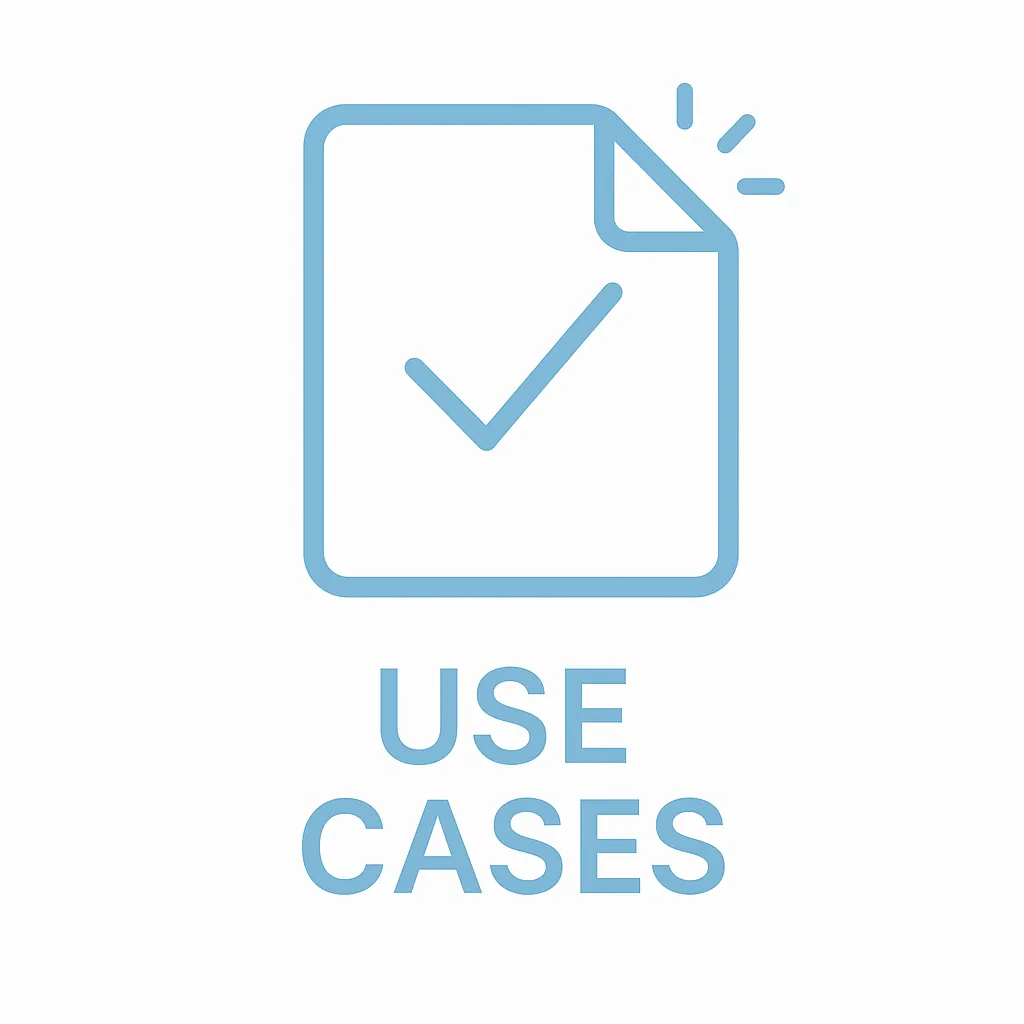FAQ's
Life & Health Insurance FAQs: Straight Answers for Real People
STILL NOT SURE?
Frequently Asked Questions
Clear, concise answers to your most important insurance questions — so you can make confident decisions for your future.
Question 1: What’s the difference between term life and whole life insurance?
Term life insurance covers you for a set period (10, 20, 30 years) and is generally more affordable. Whole life insurance lasts your entire life, includes a guaranteed death benefit, and builds cash value you can access while living.
Question 2: How much life insurance do I actually need?
A common starting point is 10–12 times your annual income, but the right amount depends on your debts, future expenses (like college), income replacement needs, and long-term goals. An advisor can create a personalized calculation.
Question 3: Can I have more than one life insurance policy?
Yes. Many people layer policies to cover different needs — for example, term coverage for a mortgage and permanent coverage for lifetime protection and cash value growth.
Question 4: Does health insurance cover preventive care?
Most modern health plans, especially ACA-compliant plans, cover preventive services like annual check-ups, screenings, and vaccines at no additional cost when using in-network providers.
Question 5: What’s the difference between a deductible, copay, and coinsurance?
Deductible: The amount you pay before insurance starts covering costs.
Copay: A fixed fee for certain services (like $25 for a doctor visit).
Coinsurance: The percentage you pay after meeting your deductible.
Question 6: What is long-term care insurance, and do I need it?
Long-term care insurance helps cover the cost of services like home care, assisted living, or nursing facilities when you can’t perform daily activities. If you want to protect your assets and have more care choices, it’s worth considering — especially before age 60.
Question 7: Can I use life insurance while I’m still alive?
Yes. Certain policies build cash value you can borrow or withdraw from, and many offer living benefits that let you access part of your death benefit if diagnosed with a chronic, critical, or terminal illness.
Question 8: How does disability income insurance work?
If you’re unable to work due to illness or injury, disability insurance replaces a portion of your income — usually 50–70% — so you can cover bills while you recover.
Question 9: What happens if I miss a premium payment?
Most policies have a grace period (often 30–31 days). If you still don’t pay after that, your coverage may lapse. Some permanent policies with cash value can automatically use that value to cover missed premiums.
Question 10: How often should I review my life and health insurance?
At least once a year — or whenever you have a major life change (marriage, new child, home purchase, job change, or significant income shift). Your needs and options can change over time.
Continue your Journey
Speak with an Advisor

Helping you achieve financial success with expert guidance and personalized strategies.
Corporate Office:
207 W. Millbrook Road, Suite 210
Raleigh, North Carolina 27609
(844) 448-2246
Why Ai Merchantry™
Advisor & Client
Subscribe To Our News
Get insights delivered to your inbox weekly
© Ai Merchantry®. 2025. A-32AiM, LLC. Company. All Rights Reserved.
Support | Privacy Policy | Terms of Use | Site Map











